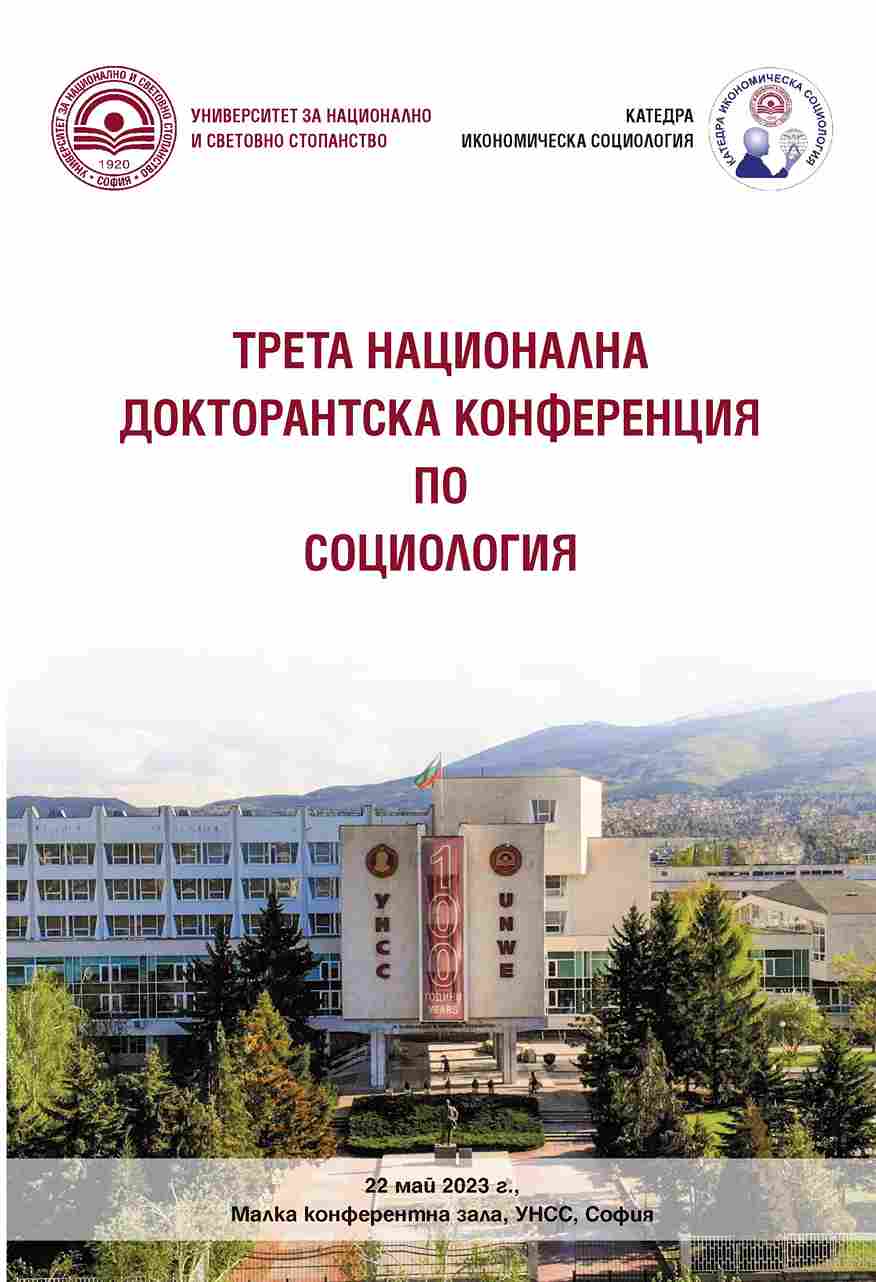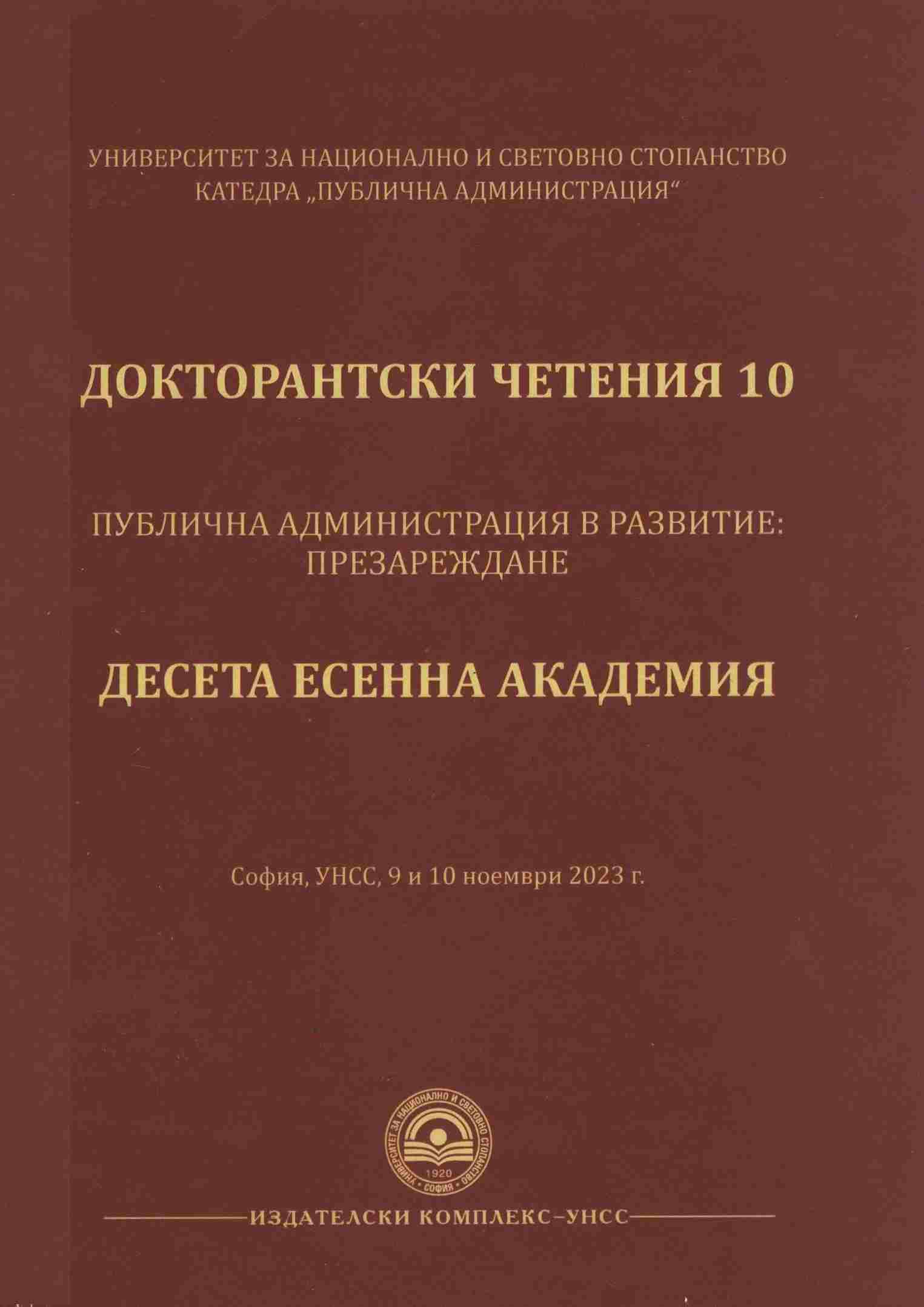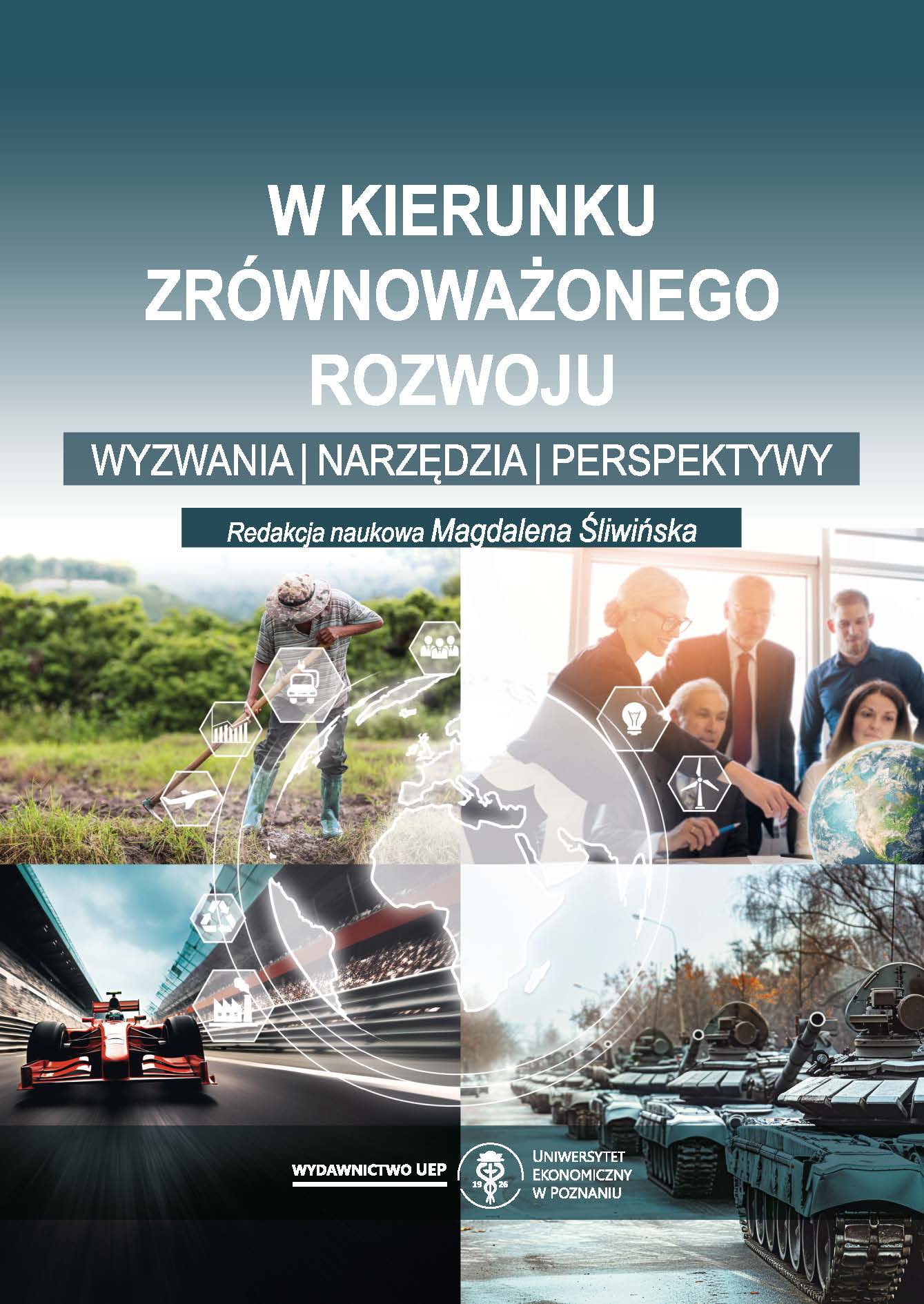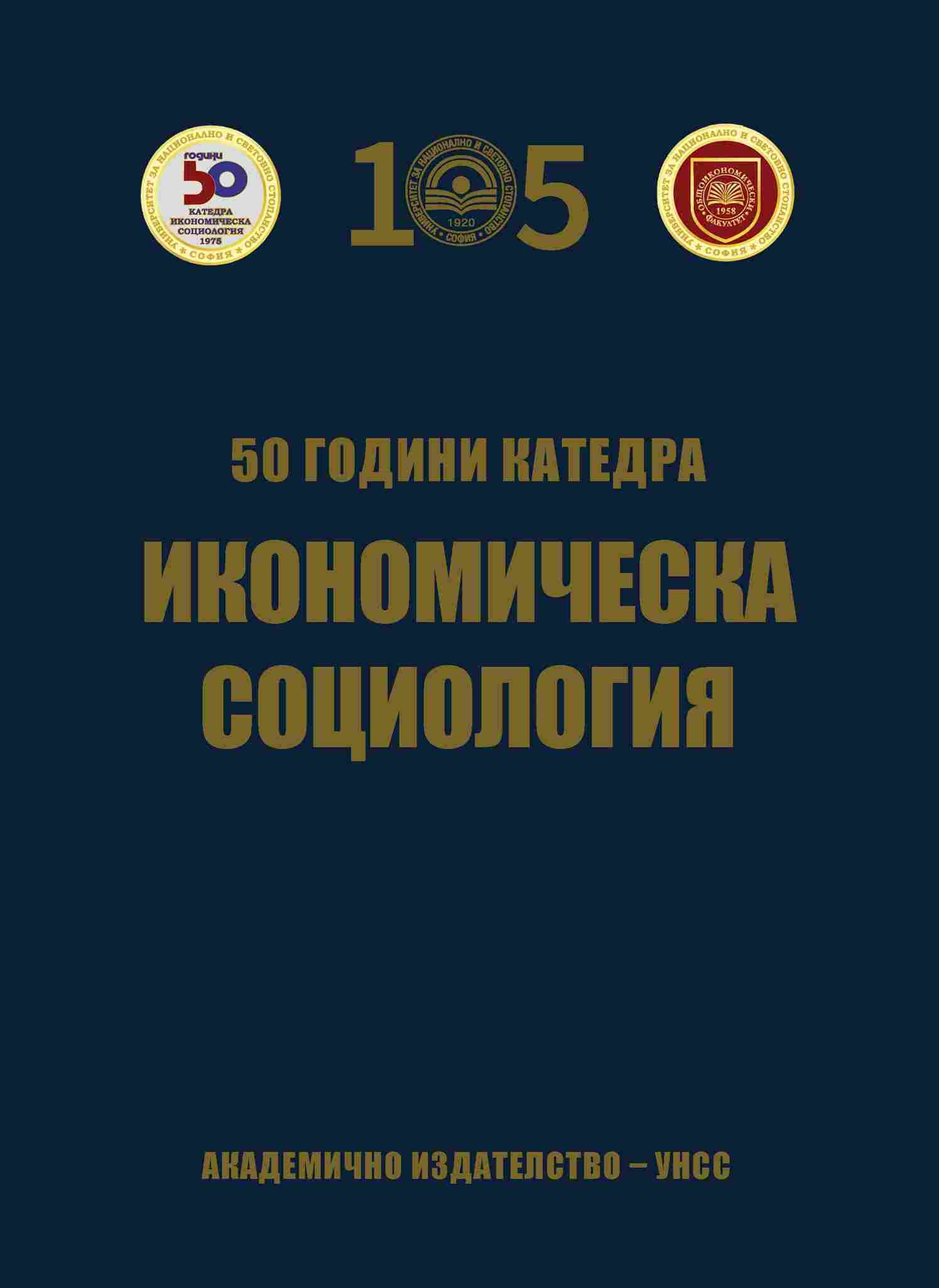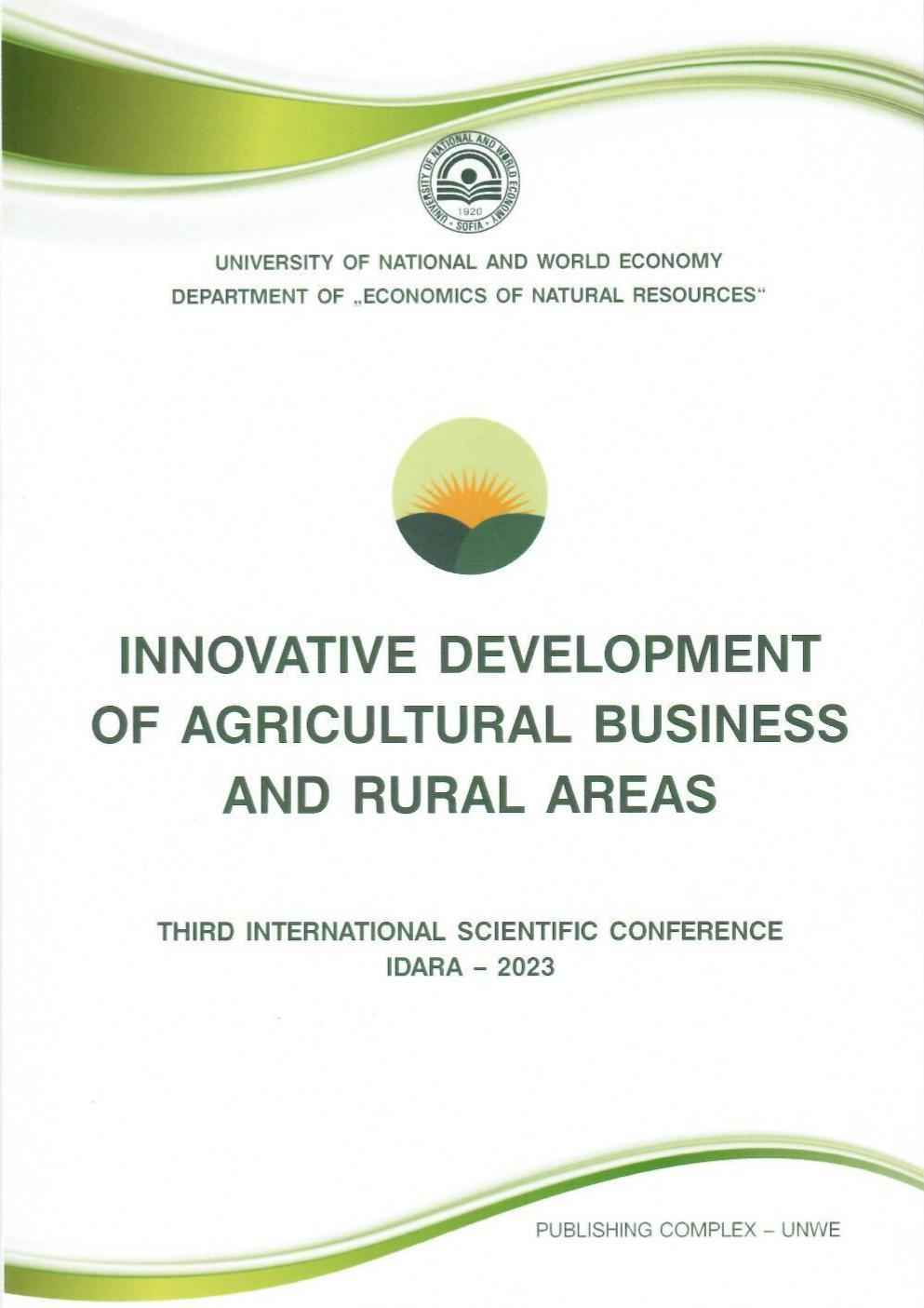
Opportunities for Revitalization of Rural Areas in Poland and Bulgaria after the War in Ukraine
As a result of the armed conflict in Ukraine, nearly a third of Ukrainians have been forcibly displaced from their homes. This is one of the largest displacement crises in the world and in our time. Bulgaria and Poland were among the first EU countries to welcome the migrant wave in the early hours of the war. The aim of this paper is to identify the current problems and certain socio-economic prospects of Ukrainian migrants in Poland and Bulgaria after the start of the military conflict The article also aims to try to answer the question of whether it is possible to revive rural areas in Poland and Bulgaria, given the potential that incoming foreigners (mostly Ukrainian citizens) represent for our countries. To achieve the set goal, the authors use quantitative and qualitative methods, representative official statistical data from the NSI, migration services, non-governmental organizations, results of primary research, office studies, Internet sources etc. The application of the scientific method, as well as the inductive and deductive methods helps to analyze demographic and socioeconomic processes in their dynamic development and highlight their impact on the socio-economic environment in Bulgaria and Poland. The authors reveal the need to make more effective use of the economic and social potential of migrants and the opportunities for rural revitalization in both host countries. The integration of migrant business into the economic environment of Bulgaria and Poland requires not only training of the migrants themselves, but also of the institutions and society as a whole regarding the benefits of this activity. This is definitely an underestimated area with huge potential that is underutilized for the socio-economic development of rural areas and ensuring a normal and peaceful existence for Ukrainian families in the chosen host country.
More...
